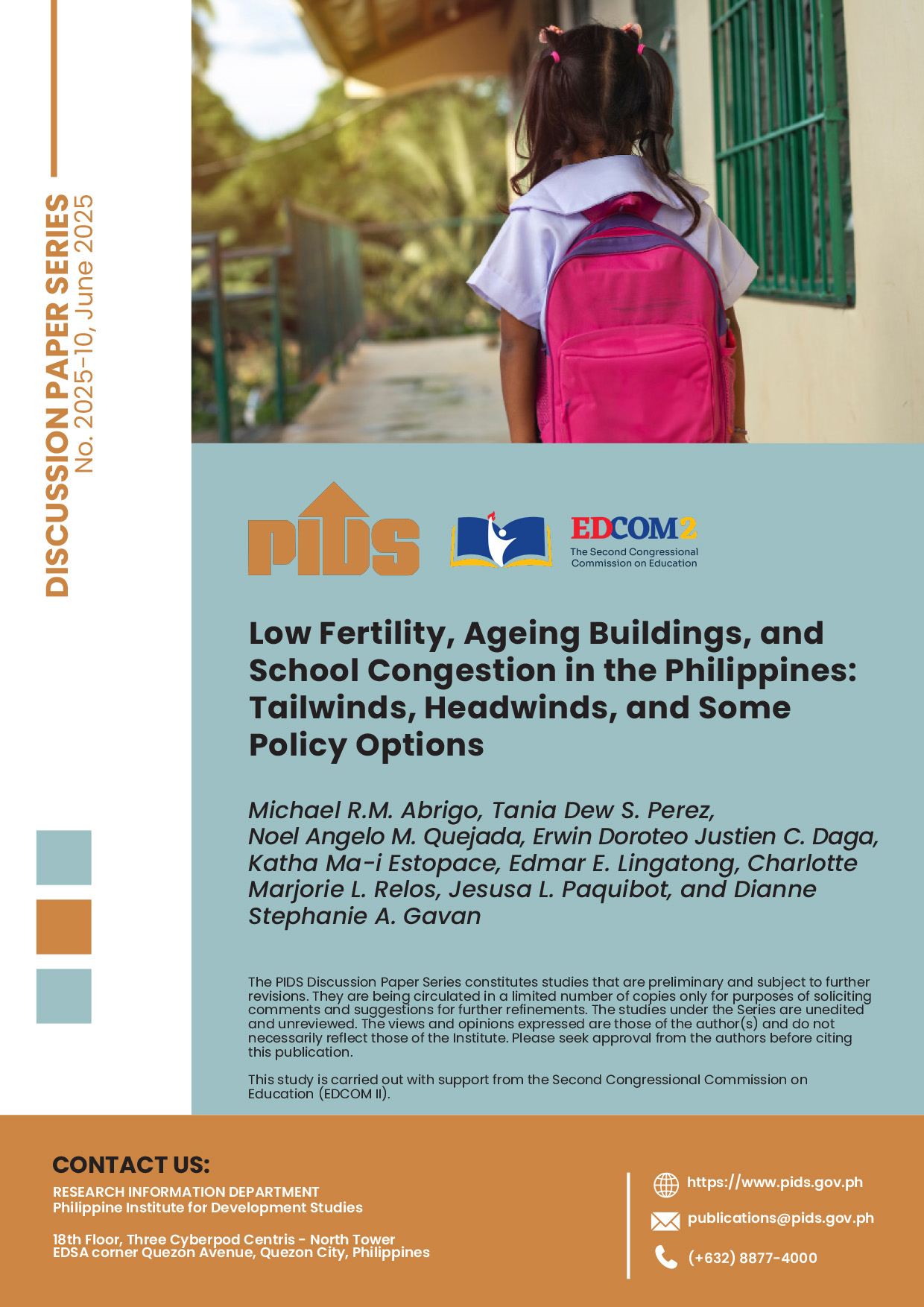MANILA – The Competitive Policy is targeted to be passed by 2015, according to Senator Paolo Benigno "Bam" Aguirre Aquino III.
"Hopefully, by 2015 we will have the competition policy passed," Aquino said in a session at the 40th Philippine Business Conference and Expo Thursday at Manila Hotel.
The law will establish market rules and regulations to foster a competitive environment by regulating anti-competitive conduct.
The Senator added that it will help Micro-Small Medium Enterprises (MSMEs) and SMEs thrive in the markets, through competition transparency which reduces corruption and rent seeking or lobbying.
Initially, the law combats anti-competitive agreements, abuse of dominant position and anti-competitive mergers, which serves as an advantage for the MSMEs and SMEs.
Aquino said that the Senate Committee on Trade, Commerce and Entrepreneurship is focused on passing the bill, up to the point that the policy reaches about three hours of interpellations, aside from the work that takes place before it.
He also said the competitive policy will grow businesses, while also uplifting the middle economy.
On the policy's impact, Aquino said it will be similar to the progression of the telecommunications sector in the past two decades.
Aquino backed his assumption with his experience of flying to Davao on expensive prices during the 80's, but it is now far cheaper due to the increased number of airline carriers.
He further said that the prices plunged in the communications sector due to the competitiveness of the companies, forcing developers to sell at cheaper rate and higher quality of the products.
"Because of competition, prices decreased, better innovation, quality increased and the consumers benefited. The two examples are good to point out why competition is important," Aquino said in Filipino.
The original version of the competitive policy was drafted by the Philippine Chamber of Commerce and Industry (PCCI), according to Aquino.
For his part, Dr. Gilbert Llanto, President of the Philippine Institute of Development Studies, said that the Philippines needs to pass the competitive policy, which will consequently encourage a huge market for manufacturing.
Although Asia is congratulating the country's progress, Llanto said that the greatest challenge is sustaining the progressive growth of our economy.
He further said that the manufacturing sector can be tapped for more economic growth.
Llanto pointed out that the Philippines is lagging compared to its Association of Southeast Asian Nations (ASEAN) neighbors.
Specifically, on its transition from being agricultural to industrial and service oriented countries.
But, he said that the incoming trade policy will create more growth through the increase of jobs, especially in the manufacturing sector.
Aquino has previously highlighted the importance of the policy's passing to the readiness of the country for the ASEAN integration. (PNA)
Competitive Policy targeted to be passed by 2015, says Sen. Bam Aquino












